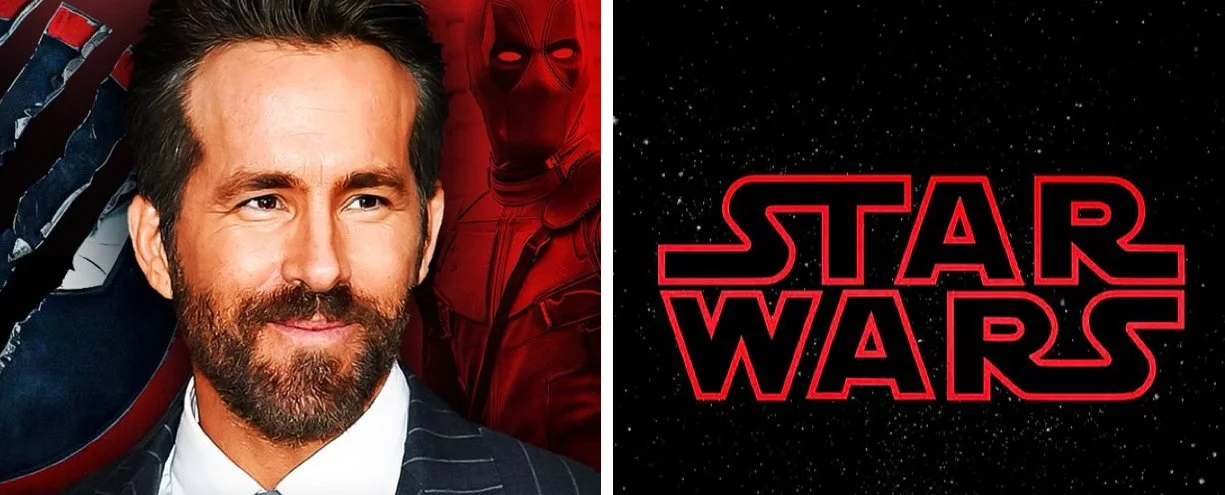I don’t like using the word “woke” because it’s too simplified a term. Yes, it’s an easy way of entering a debate, to say this is “woke” and that is “woke,” but the substance gets lost in the process.
In pure and simple terms, these past 10 or so years we’ve had a movement that demanded we mass-treat women and minority groups as different and special in movies, which, ultimately, and ironically, became antithetical to equality. This has led to Hollywood adapting it into almost every key aspect of filmmaking (casting, story, messaging).
With that said, is it a coincidence that we’re getting two separate articles, both from major outlets, within a week of each other, tackling the supposed end of Hollywood’s “woke” era?
Hey, it’s not even me using that word. The New York Times’ Kabir Chibber and The Telegraph’s Robbie Collin are the ones hinting at how “Hollywood’s great unwokening has been unleashed.”
Loath as I am to give the w-word an airing, there’s no avoiding it here: 2024 was the year in which Hollywood began to move into its post-woke era.
The NYT op-ed believes that the “awkward diversity era” of Hollywood might finally be “behind us.” What? Am I actually reading this? The old gray lady is calling the last seven years of “diverse” storytelling “awkward”? Here’s more …
The past decade’s clumsiest attempts to cram new faces into old stories now feel like a moment, and a genre, of their own. The tropes of this passing era are as familiar and easily spotted as with older periods. There is, for one thing, the showy, self-satisfied gender-swapping, as with that 2016 election-year reboot of “Ghostbusters.”
The op-ed goes on to explicitly attack critics who, presumably, overpraised “woke” films because just for their “important” messaging:
At least we no longer have to pretend to like something because it has the right politics, or because the people most vocally against it are Nazis […] Is that what watching “Barbie” might feel like in 10 years — once, perhaps, “the patriarchy” feels like a clearly of-the-moment choice for a Big Bad?
It’s not just “Barbie” that’s mentioned as a message-infused film that might not age well in the decades to come. The author goes on to namecheck “No Time to Die,” “The Marvels,” “Ghostbusters,” “Black Panther,” and “The Last Jedi.”
Then there’s the sly mention of Hollywood having had to continue the racial overcorrection by giving “Everything Everywhere All at Once” seven Oscars, including best picture (although the author does admit to liking the film).
Meanwhile, The Telegraph’s Collin wonders if Disney’s upcoming P.C. “Snow White” is a film that, when released, “will feel like a relic from another age.”
In the last year, there have been hints of a pushback slowly building against this. Variety wondered if film festivals had “gone too woke.” Newly reinstated Disney CEO Bob Iger promised that the company’s job moving forward was “not to advance any kind of agenda” in their movies. Then there was the sudden firings and departures of numerous studio “diversity” chiefs in the summer of 2023.
More amusingly, Francis Ford Coppola recently said how he wanted to make sure that “Megalopolis” would not turn into “some woke Hollywood production.” We all know how wonderful that film turned out to be.
An assortment of filmmakers and actors recently came out with practically the same conclusions, including Quentin Tarantino, Terry Gilliam, Kenneth Lonergan, Paul Schrader, Martin McDonagh, Walter Hill, Vince Vaughn and Jerry Seinfeld, among others, who also railed PC, woke, or whatever you want to call it, as stifling creative expression.
Are all of these creatives correct? Has political correctness stifled cinematic quality? It’s no big secret that U.S. filmmaking has been struggling this decade, and the major studios’ obsession with franchises, not to mention reboots, and remakes, has surely not helped. However, I have noticed the need to be less offensive, less edgy, in terms of storytelling and character. As a whole, these past ten years people have been too scared to offend.
Whether the culture has shifted, and we are entering a new age of ballsier cinema, remains to be seen, but the fact that the New York Times and others are starting to notice a change in attitude is a very good sign.



![Neon Acquires Oliver Laxe’s ‘Sirât’ [Cannes]](https://images.squarespace-cdn.com/content/v1/5bbcad0f2727be3646b9fee1/1748026312860-MW0NI6PFT93H9K9M31XI/IMG_5553.jpeg)


